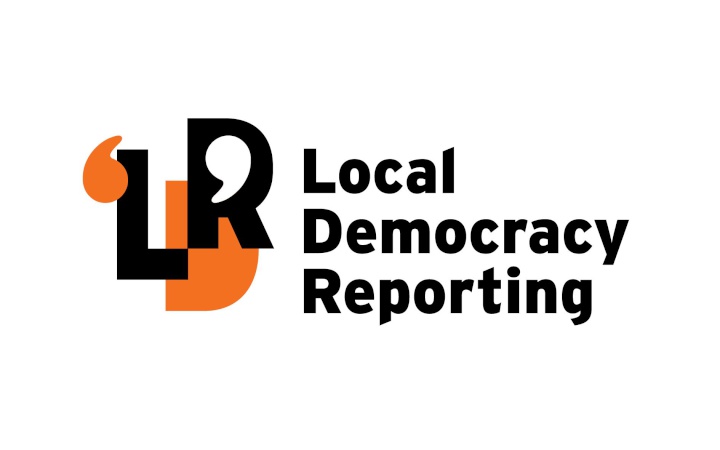The cost to ratepayers of having the annual report and other documents audited, both in auditor’s fees and in staff time, was the subject of complaint from councillors at an Ōpōtiki District Council meeting on Tuesday.
The council adopted its Annual Report for the financial year ended June 30, 2024 this week, four months after the due date.
The report was due to be adopted by the end of last year but due to flow on effects of the late adoption of the Long-term Plan 2024-2025 and a difficult audit process, the council is in breach of legislation by not adopting it by the deadline.
It will also incur extra auditing costs due to the longer than anticipated auditing process.
A report by council management to Tuesday's meeting said the audit process had been one of the most challenging that Ōpōtiki District Council staff had experienced, to date.
“Long-serving staff members, who have been through multiple audits over many years, have expressed that this particular audit was the most difficult they have encountered,” the report said.
“Further investigation needs to be carried out to determine what key factors are contributing to this cost increase and what improvements can be made by council staff and Audit New Zealand to reduce the audit inefficiencies that are occurring.”
While it is not yet known how much the audit process will cost, Audit New Zealand had previously quoted a fee of $231,429 including GST to complete the Annual Report audit, which was estimated to involve 975 hours work.
This year’s audit had taken more than 1630 hours.
Councillor Tom Brooks suggested writing to the appropriate Government minister about the prohibitive costs of the auditing process.
"It’s between 1 and 2 percent of rates and the ratepayers of this community can’t afford this sort of money.”
He also felt auditing both the long-term plan and the annual plan, which is based on the long-term plan was “doubling up” of work.
Mayor David Moore agreed with Mr Brooks and said he also hoped to align with neighbouring councils and Local Government New Zealand to bring the matter to government.
He would be raising the issue at the next Bay of Plenty Mayoral Forum.
“One voice is not enough. The more the better,” he said.
Chief executive Stace Lewer said he had arranged a meeting with Audit New Zealand and the Office of the Auditor General to discuss how the process could be done more efficiently.
He said audits played an important role in assuring communities that councils were delivering on what they set out to.
“I think it’s a good opportunity to take a step back and review if there is an easier way to get the result that we want to without costing the community and staff time,” he said.
He felt auditors could provide councils with better information about the information they needed rather than “catching them out” with unexpected information requests.
Audit New Zealand’s David Walker said he understood the impact the auditing process had on smaller councils.
He said a lot of what auditors did was driven through the Auditor General Standards which were what would need to be looked at if the process was to be changed.
The audit report included two qualifications, identifying significant issues with performance measures relating to the time it took to resolve sewerage overflows and customer service requests relating to roads and footpaths.
Mr Walker said changes in both contractors and internal staff from previous years had made the auditing process more difficult.
“They had obviously adopted their own way of doing things and we didn’t have access to the supporting documentation. That led to us not being able to test and confirm the response times which led to the qualification,” Mr Walker said.
He recommended putting better internal quality assurance processes in place and suggested looking at how other councils did these.
The council achieved 50 of the 74 non-financial targets it had set for the year in its 2021-2031 Long-term Plan.



 Gordon Campbell: On Our Austerity Fixation And Canada Staying Centre-left
Gordon Campbell: On Our Austerity Fixation And Canada Staying Centre-left Te Pāti Māori: Keep The Window Open- UCOL Must Stay
Te Pāti Māori: Keep The Window Open- UCOL Must Stay Unions Otago: May Day Workers' Hui
Unions Otago: May Day Workers' Hui People Against Prisons Aotearoa: Voting Ban “Undermines Democratic Principles” Says Justice Group
People Against Prisons Aotearoa: Voting Ban “Undermines Democratic Principles” Says Justice Group Taxpayers' Union: Nationwide Hīkoi Calling For Balanced Budgets
Taxpayers' Union: Nationwide Hīkoi Calling For Balanced Budgets Greenpeace: Luxon’s War On Nature Opens Gate For More Dairy Conversion
Greenpeace: Luxon’s War On Nature Opens Gate For More Dairy Conversion NZ Labour Party: Consenting Change Opens Door For Cowboys
NZ Labour Party: Consenting Change Opens Door For Cowboys


